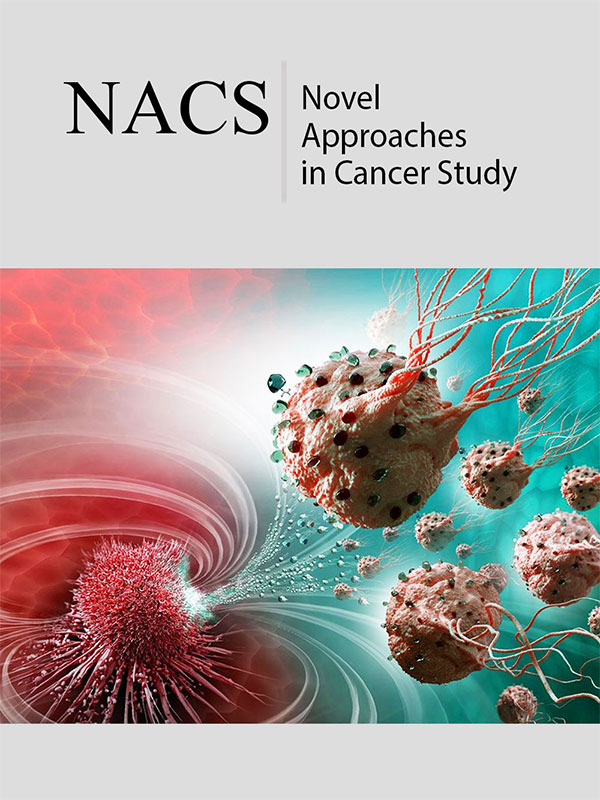The Evolution of Future Medicine - WE Medicine - To Meet Unmet Medical Needs by Yung Chi Cheng* in Novel Approaches in Cancer Study_ Journal of Cancer Research

Abstract
The
medicines needed today are not just for the treatment of disease, but for the
treatment of the whole person across his or her lifetime - from disease
prevention to disease progression, modulating the efficacy and safety of other
medicines, and improving quality of life.
Currently
many pharmaceutical and biotech companies are focusing primarily on the
treatment versus the prevention of disease,
with the exception of developing vaccines against infectious agents as
preventative measurement. Developing small molecule medicines still largely
applies a reductionist approach focused on a particular target and developing
selective and potent chemicals aimed at it. The advancement of knowledge and
modern technologies has facilitated the reductionist approach and led to the
discovery of a few interesting target- oriented drugs with varying degrees of
success, however this approach has not been satisfactory for the treatment of
more complex, heterogeneous diseases which are often associated with the aging
process [1]. It is recognized that the selected target in most cases is not
only important for the pathogenesis of disease, but also plays an important
role in the normal functions of the body. With highly potent chemicals used on
long term basis, toxicity in
normal tissues will often evolve. Furthermore, there is heterogeneity of the
tissue target phenotype due to the degree of nutrients, including oxygen, and
interaction among cells in the tissue [2]. Drugs could have a different impact
on cells depending on its target phenotype or other cellular components. The
response of targeted cells to drugs could `be different. This is clearly
evident in cancer tissue.
https://crimsonpublishers.com/nacs/fulltext/NACS.000572.php
Crimson
Publishers: https://crimsonpublishers.com/
For
more articles in Journal of Cancer
Research,
Please
click on below link: https://crimsonpublishers.com/nacs/



No comments:
Post a Comment